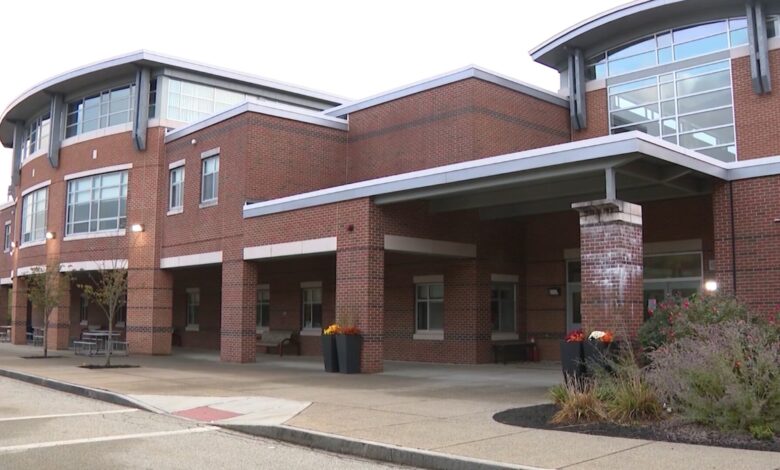Hingham High School AI Lawsuit: Key Facts and Implications

Artificial Intelligence (AI) is transforming education, but its adoption isn’t without challenges. Recently, Hingham High School became embroiled in a lawsuit involving AI technology. This case has sparked debates about the ethical and legal boundaries of AI in education, touching on concerns about privacy, fairness, and transparency.
In this article, we’ll explore the details of the lawsuit, its potential implications for schools and students, and what it means for the broader use of AI in education.
What Is the Hingham High School AI Lawsuit About?
The lawsuit revolves around the use of AI tools at Hingham High School, where the technology was allegedly used to analyze student data and academic performance. Key allegations include:
- Violation of Privacy: Claims that AI systems collected and analyzed sensitive student data without adequate consent.
- Bias in Algorithms: Concerns that the AI tool may have led to unfair or biased outcomes for certain groups of students.
- Transparency Issues: Accusations that parents and students were not informed about how the AI system operated or its impact on academic assessments.
The Role of AI in Education
AI is increasingly being adopted in schools to:
- Personalize learning experiences.
- Streamline administrative tasks.
- Predict student outcomes and identify at-risk learners.
However, as this case demonstrates, the rapid integration of AI can lead to legal and ethical dilemmas if not implemented responsibly.
Legal and Ethical Questions Raised
1. Privacy Concerns
AI systems often require large datasets to function effectively. In this case, the collection and use of student data have raised questions about compliance with privacy laws such as the Family Educational Rights and Privacy Act (FERPA).
2. Bias in AI
Critics argue that the algorithms may inadvertently favor or disadvantage certain students, reinforcing existing inequalities. Transparency in how these systems are trained and used is crucial to avoid such issues.
3. Consent and Communication
The lawsuit highlights the need for clear communication with parents and students regarding the use of AI tools, including obtaining informed consent.
Potential Outcomes of the Lawsuit
This case could set important precedents for how AI is used in schools:
- Stronger Regulations: Schools may face stricter guidelines on the use of AI and student data.
- Increased Oversight: Independent audits of AI tools might become a requirement.
- Enhanced Transparency: Institutions may be mandated to disclose detailed information about AI systems to stakeholders.
What Schools Can Learn
1. Prioritize Data Privacy
Ensure compliance with existing privacy laws and limit the scope of data collection to what is absolutely necessary.
2. Engage Stakeholders
Involve parents, students, and educators in discussions about implementing AI tools to build trust and understanding.
3. Audit AI Tools
Regularly evaluate AI systems for fairness, accuracy, and bias to ensure they serve all students equitably.
Conclusion
The Hingham High School AI lawsuit underscores the challenges of integrating cutting-edge technology into education. While AI has the potential to revolutionize learning, schools must navigate its implementation carefully to avoid legal pitfalls and ethical concerns. This case serves as a reminder that transparency, fairness, and privacy should remain at the forefront of technological innovation in education.
Vist More MagaiznesInfo
